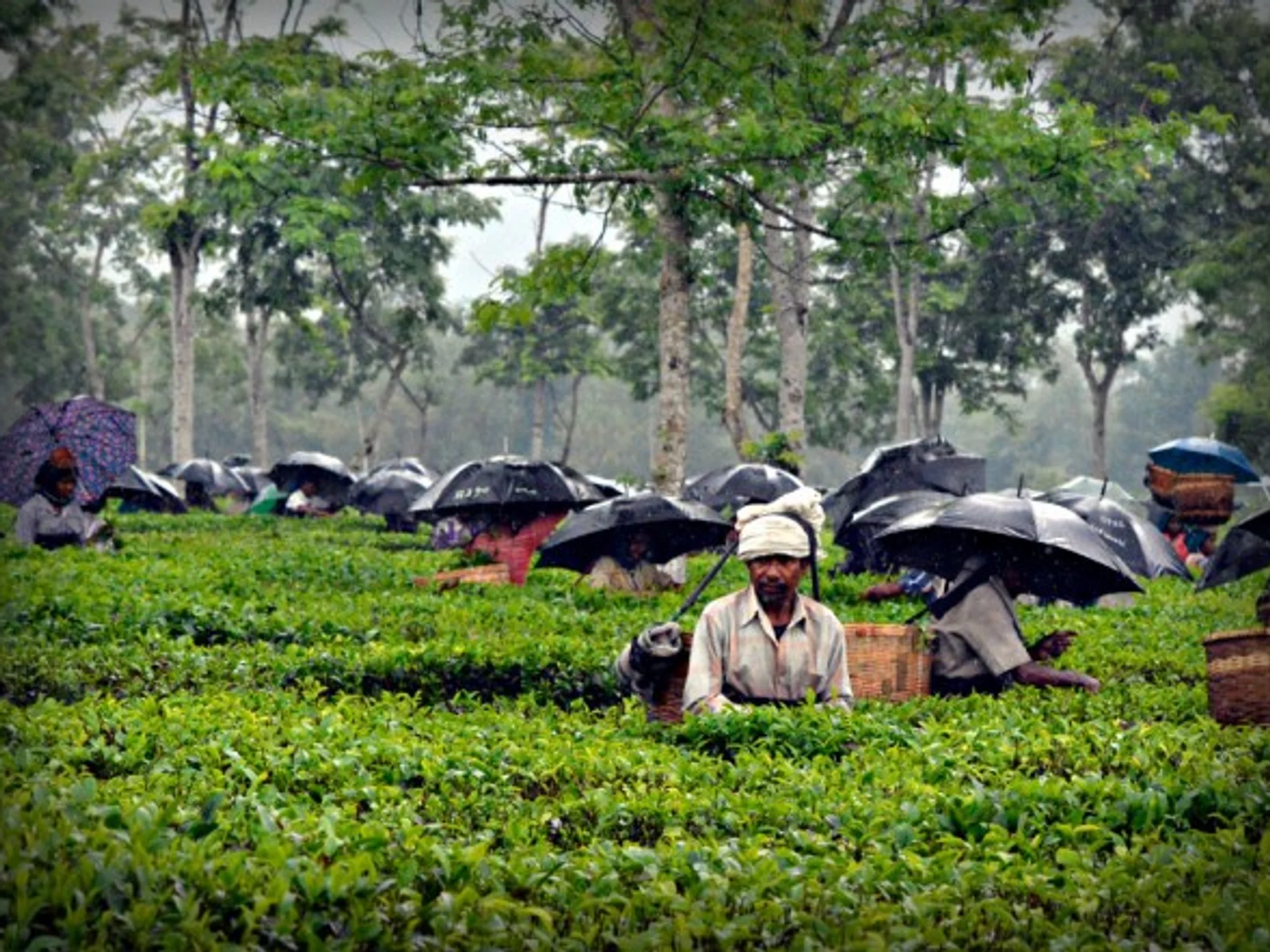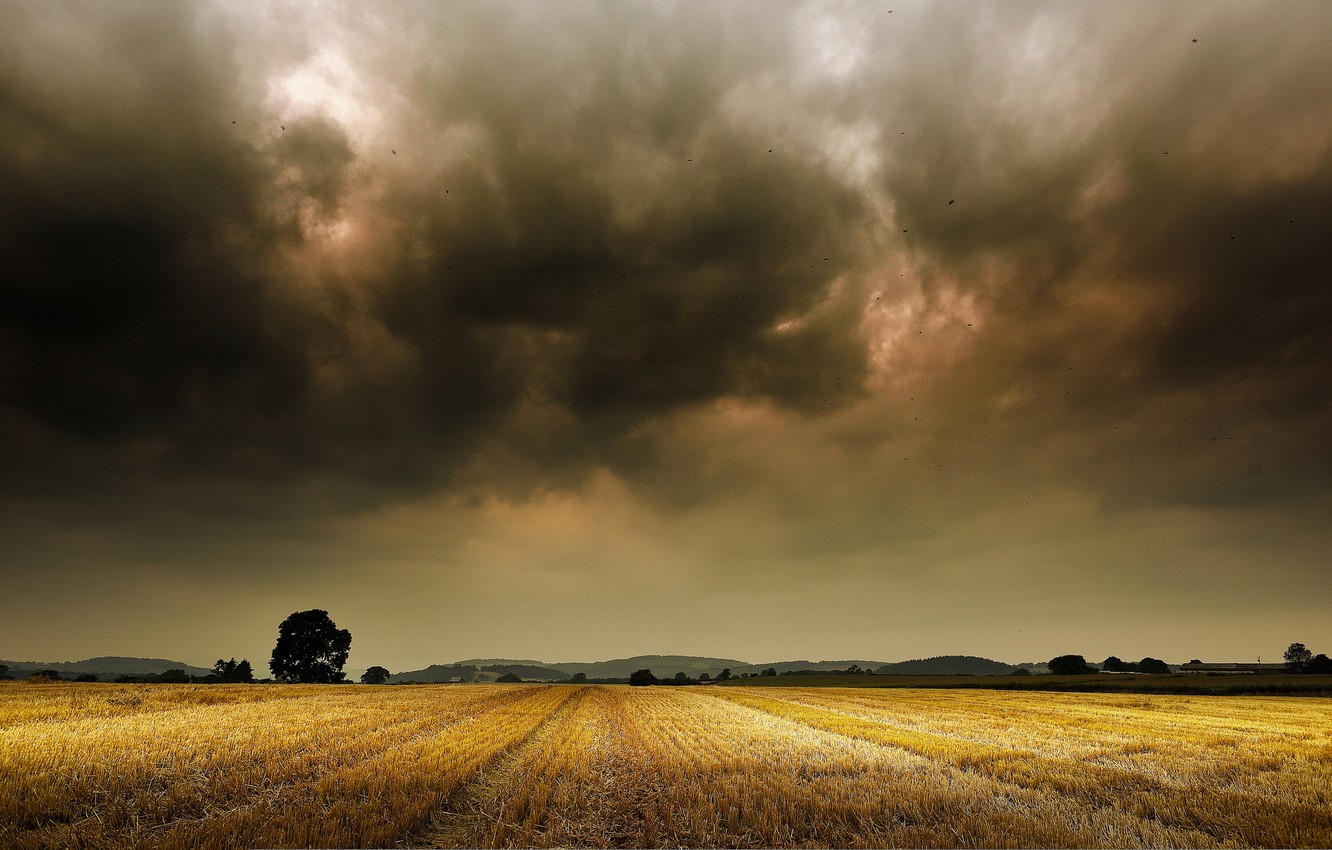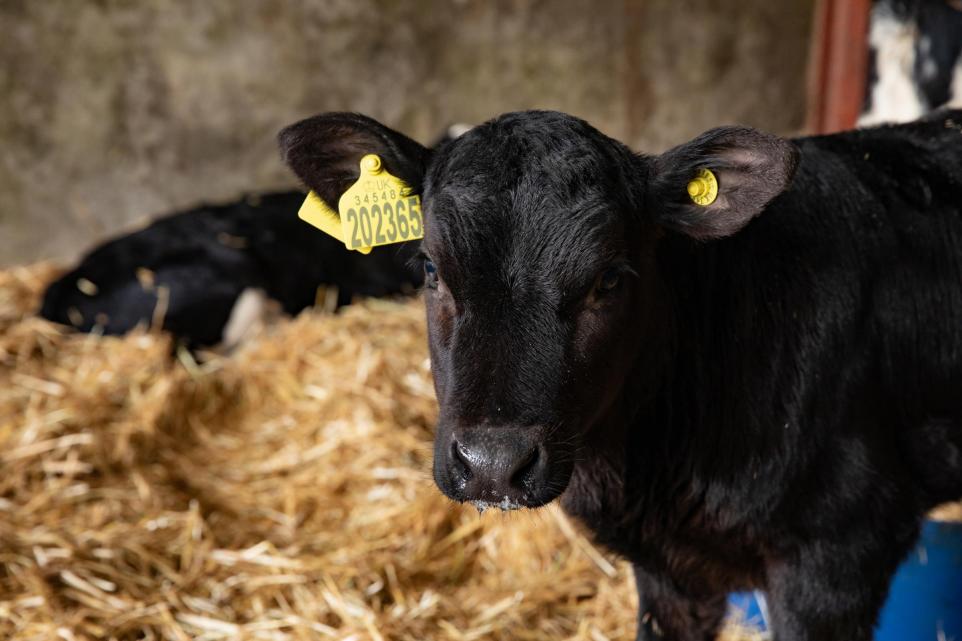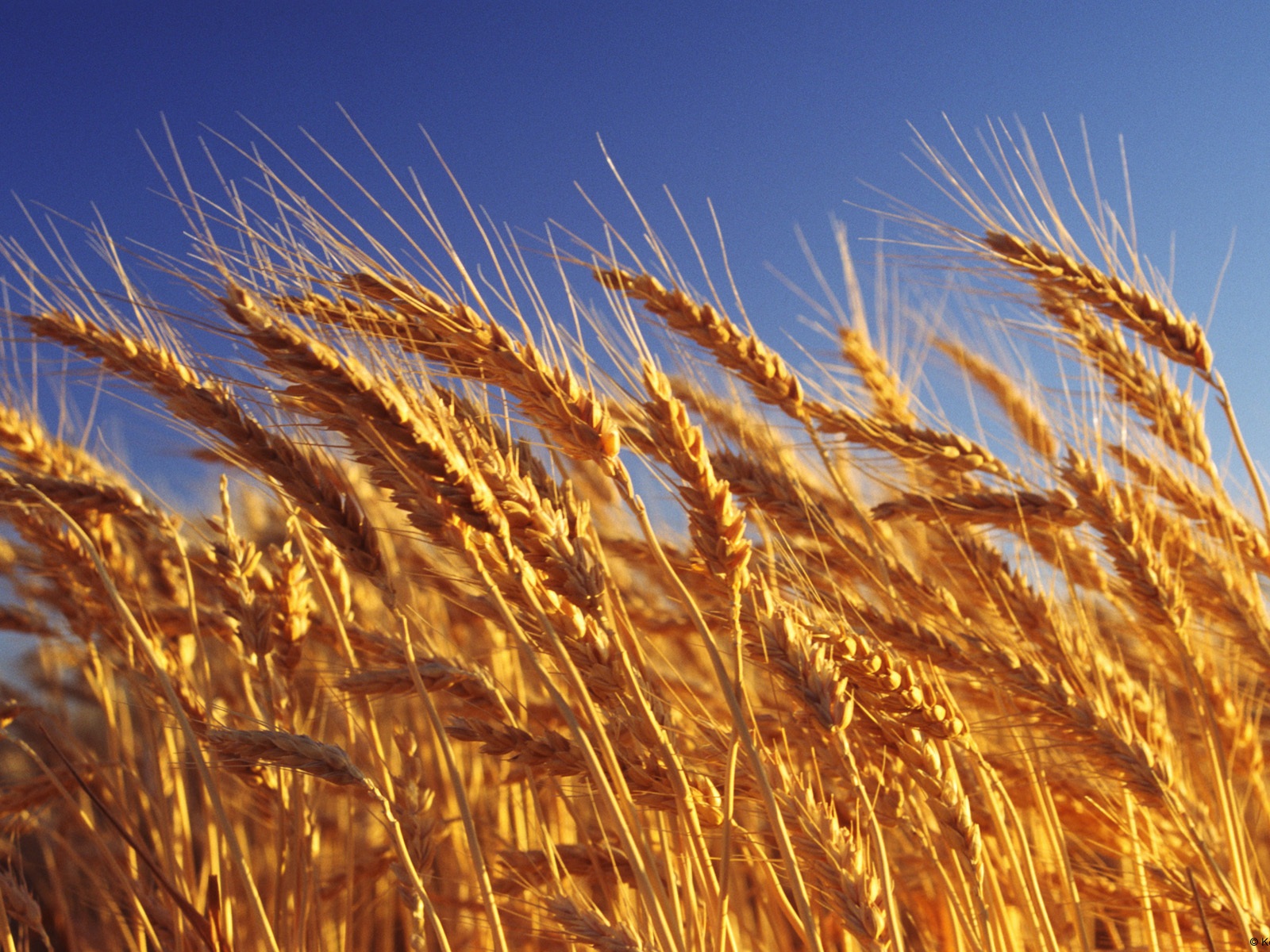India - Big changes could be seen with simple shift in grains
11.07.2018 246 views
ScaleAgData Stakeholder Engagement Event
22.10.2024The ScaleAgData project is pleased to invite you to our second stakeholder event. Building on the discussions and connections formed during our first webinar, this event will focus on fostering collaboration among stakeholders, providing updates on our project’s progress, and outlining future opportunities for engagement.

India - Weather-based crop insurance for Assam tea
The expansion of the provision of the Restructured Weather-based Crop Insurance scheme to tea is good news for growers in Assam.

India - Mumbai weather alert: IMD issues yellow alert; warns of lightning, gusty winds and widespread rain across Maharashtra
Mumbai, Thane and Palghar are expected to witness heavy to very heavy rainfall. The intensity may drop slightly over the next two days, with moderate rain expected across all three districts.

Jamaica - Gov’t Allocates $300m to Strengthen Agricultural Crime Prevention
The Government has allocated $300 million to train and deploy Agricultural Wardens islandwide, to curb praedial larceny and other agricultural crimes.

Fire and agriculture drive soil degradation in the southern Brazilian Amazon
Frequent forest fires and agricultural expansion are degrading soil health in the southern Brazilian Amazon.

Cryptosporidiosis affects four in five UK dairy farms
Four in five dairy farmers have experienced cryptosporidiosis in their herds, with significant financial and welfare implications, according to new research.

Canadian court issues fines for illegal prawn harvesting
A Canadian court has issued CAD 41,288 (USD 30,412, EUR 26,313) in fines to two individuals caught illegally harvesting and selling prawn from a closed area.

Italy - Farmers devastated as nationwide crisis wipes out key crop
Fig lovers in Italy and beyond might find their favorite fruit harder to come by this year.

Brazilian food org aims to change local agriculture methods
Food awareness organisation ProVeg Brazil has began a project to help Brazilian livestock farmers transition to plant-based agroforestry.




